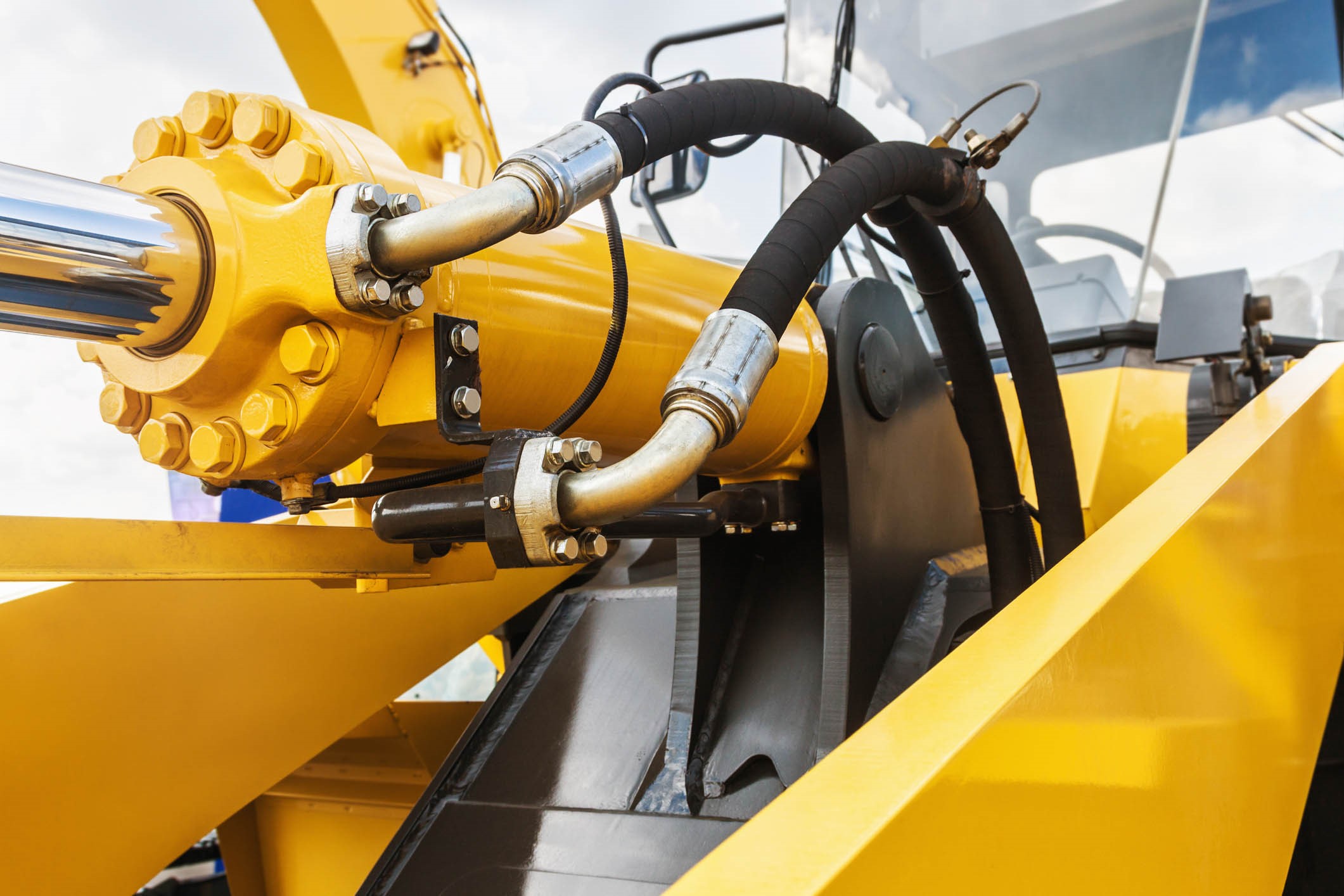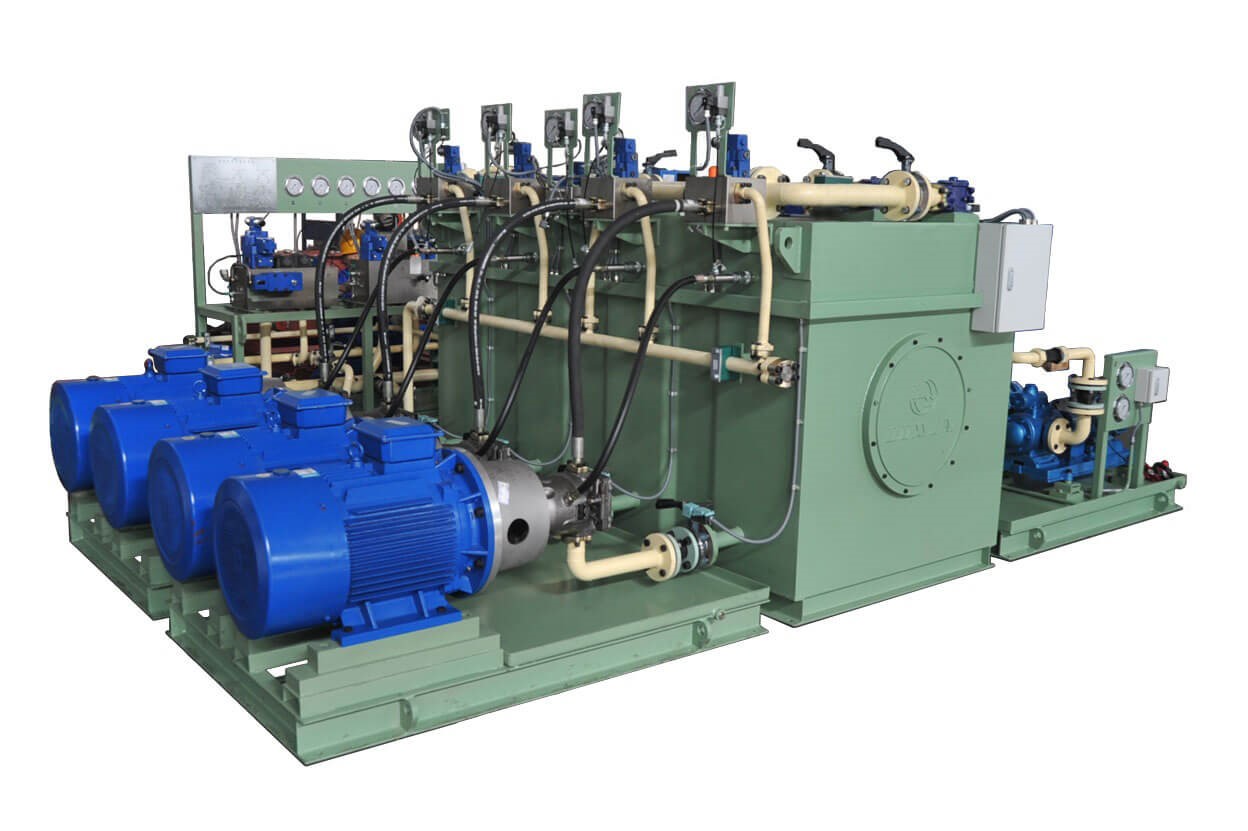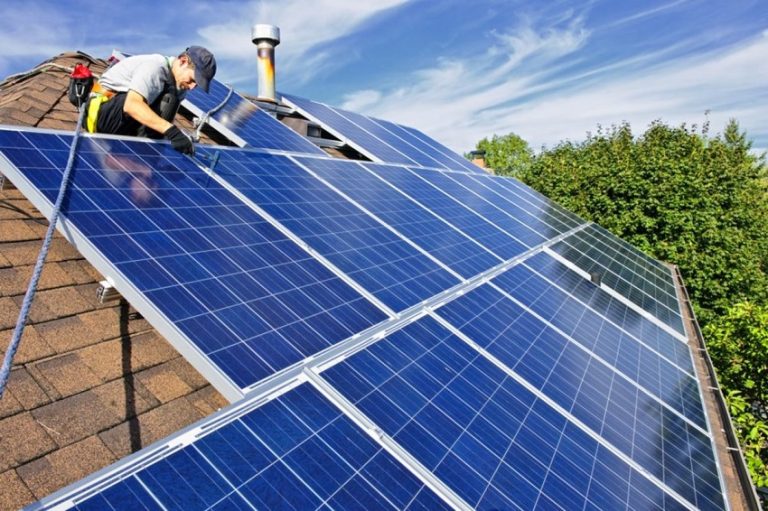When it comes to the process of mechanical work, pneumatic systems have long played a vital role. Pneumatics also play a big part in the automation processes of many industries. Similar in their function to hydraulic systems, but instead of relying on hydraulic fluids to operate, pneumatics uses compressed air.
In a nutshell, a pneumatic set-up uses compressed air to send and control energy in a process. The system is used extensively across a variety of industries. The systems rely on a constant and steady stream of air to function, often provided by an air compressor. The compressor works by drawing in air from the atmosphere and keeping it stored in a tank at high pressure, known as a receiver. The air is then pushed through the system via a series of valves and pipework.

Pneuma comes from the ancient Greek word for breath. Which makes sense as pneumatics is all about using air to power something. This compressed air does all the work. The air is reduced in volume inside the tank, so that it is emitted at high pressure.
The controls of the system can be manual, pneumatic as well or electrical. The air is forced to do the work by activating a piston or vane, for example, and is used widely in the steel production industry. For all your Electrical Control Components Ireland, visit Electrical Control Components supplier OSM.
What are the advantages of using this type of system?
Used in many industries for powering automatic machinery, the advantages include:
Highly effective – There is an endless supply of air from the atmosphere to create the compressed air and it can easily be stored in large volumes. Using compressed air also means no restriction on distance as air can easily be sent through pipes. The compressed can then be released back into the atmosphere with no need for treating or disposal.
Long-lasting and reliable – Pneumatic systems are highly durable with not much that can damage them.
Simplicity in design – Pneumatic system parts are straightforward, making them highly suitable for automatic control requirements. Additionally, there are choices over direction of movement and continuous and variable operating speeds.
Great for harsh environments – Compressed air is less likely to be affected by environmental factors such as high temperatures, corrosion and dust as other systems would be.

Safety – Pneumatic systems often greater safety as they can are inflammable with no risk of fire or explosion for example. These systems do not overheat or burn when overloaded, unlike an electromotive system.
Eco friendly – No pollutants are produced when using compressed air. The systems are clean to run and can be installed to clean room standards. This makes them ideal for use in environments that require extreme cleanliness, such as in the manufacture of circuits, for example.
Economical – Pneumatic systems are highly durable with low maintenance costs. The components are not expensive and the system is likely to last much longer than other system types.













